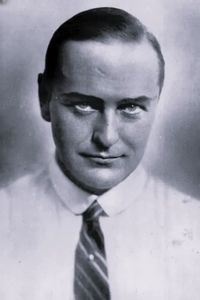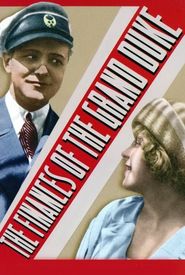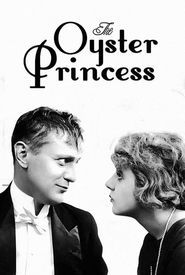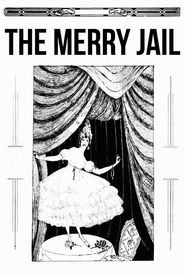Harry Liedtke, a highly acclaimed and celebrated German actor, made his entry into the world on October 12, 1882, in the renowned city of Königsberg, which was situated in the historic region of East Prussia, Germany, a territory that would eventually undergo a significant transformation in the aftermath of World War II, ultimately becoming part of Russia following the country's post-war territorial adjustments.
Notable for his remarkable and extensive acting career, Liedtke's professional trajectory spanned numerous decades, showcasing his remarkable versatility and range as a thespian. His impressive repertoire of film roles includes the iconic "Die Liebe einer Königin" (1923),a cinematic masterpiece that cemented his status as a leading man, followed by "Die Konkurrenz platzt" (1929),a critically acclaimed film that further solidified his reputation as a talented actor, and "Der Mann ohne Namen - 1. Der Millionendieb" (1921),an early highlight in his illustrious career that demonstrated his ability to command the screen with authority and charm.
The remarkable life of Harry Liedtke, a man whose personal life was marked by a series of significant and enduring relationships with four distinct women. His romantic journey began with his marriage to the talented actress Käthe Dorsch, a union that was likely filled with passion, creativity, and a deep emotional connection. However, this marriage was not meant to be a lifelong commitment, as Harry eventually found himself drawn to another woman, Ernestine Emaline Johanne Proft, with whom he exchanged vows in a ceremony that symbolized his love and devotion.
Harry Liedtke's existence, marked by a rich tapestry of experiences and achievements, was brutally cut short on the 28th day of April, 1945, in the picturesque town of Bad Saarow, situated in the picturesque state of Brandenburg, within the geographical boundaries of Germany.






















